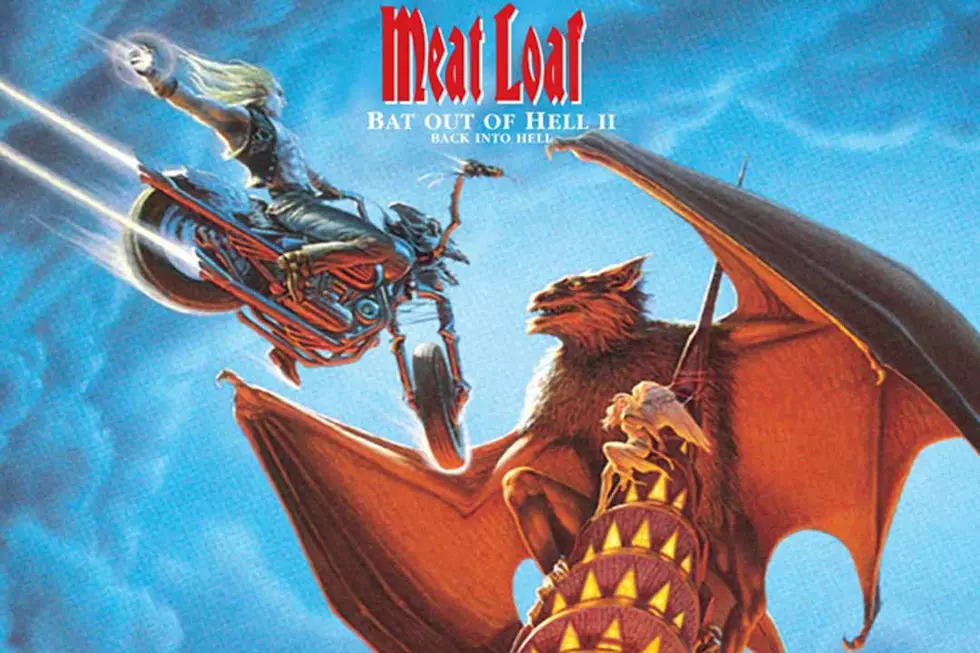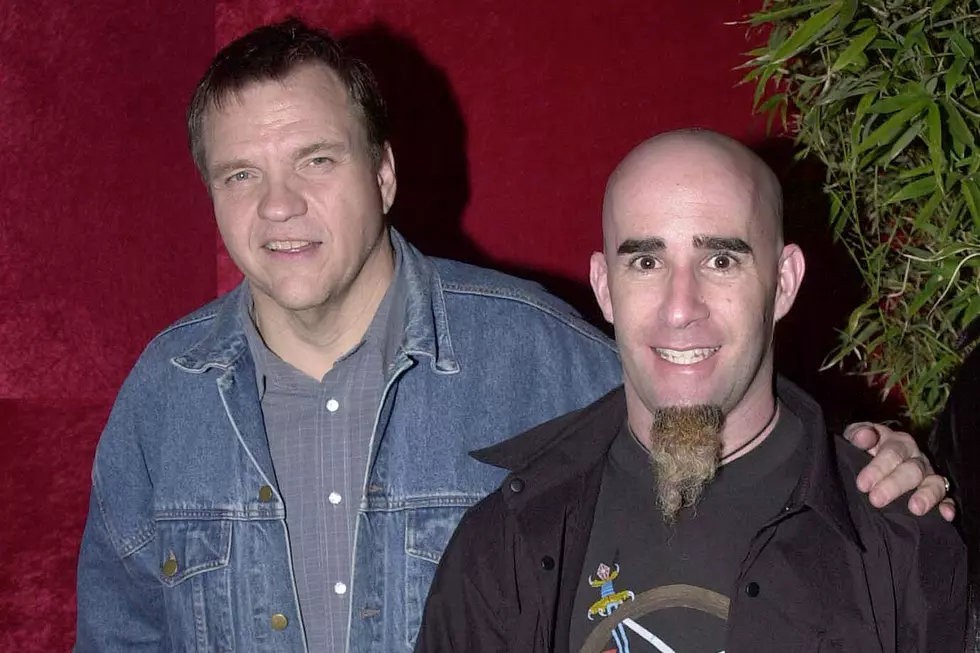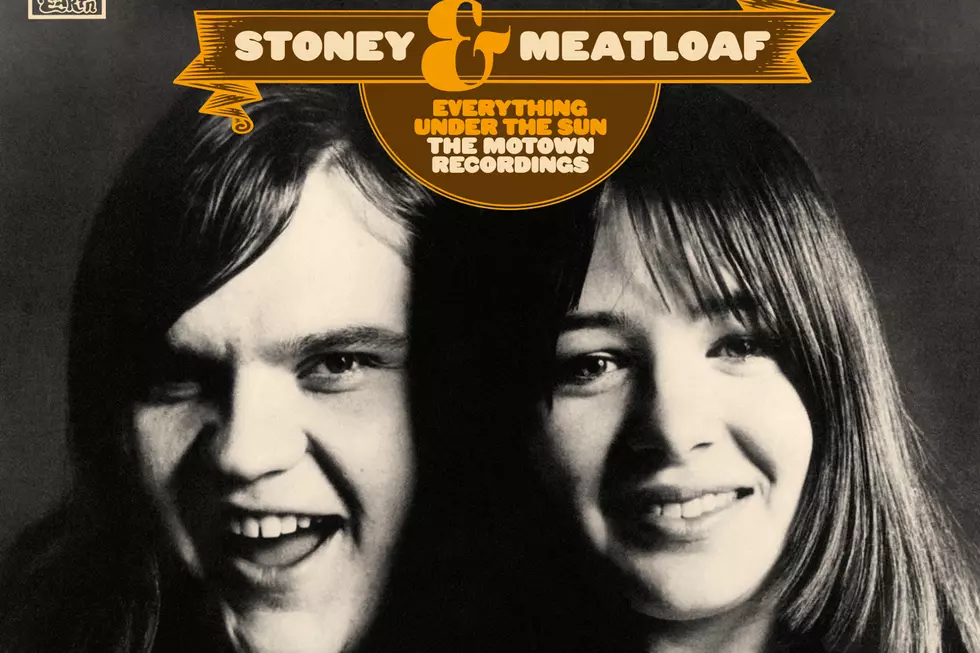
When Meat Loaf Finally Released a Follow-Up to ‘Bat Out of Hell’
Meat Loaf should have been on top of the world after the success of 1977's Bat Out of Hell. But behind the scenes, his career started falling apart almost immediately.
Eager to deliver a follow-up before Bat's sales cooled, the label sent Meat Loaf and his songwriter, Jim Steinman, into the studio the following year. Though Steinman soon had an album's worth of songs ready to go, recording stalled when Meat lost his voice — a condition attributed to the exhaustion and vocal stress of touring, although doctors were ultimately unable to find anything physically wrong with him.
"I was nuts," Meat Loaf recalled years later. "I mostly turned it inward. And it was all over being famous. I didn’t want people to call me a star." Whatever the cause, Meat Loaf's ordeal ended up sidelining the project for years.
In the interim, Steinman ended up releasing the songs he'd earmarked for the Bat Out of Hell follow-up on his own, putting it out in April 1981 as Bad for Good. Meat, meanwhile, used his hiatus to go Hollywood, starring in the 1980 film Roadie while working his way back to health. Eventually, he regained the ability to sing; armed with another eight Steinman songs, he entered the studio in 1981 to finally deliver his long-awaited sophomore LP.
The time off helped Meat Loaf get his head straight in some respects, but it couldn't give him all the coping mechanisms he needed in order to handle his sudden fame. "I was an angry, violent guy who was out of control," he told the Los Angeles Times. "I didn't know how to deal with being popular. I didn't know how to deal with a lot of things. I just fell apart."
Listen to Meat Loaf's 'Peel Out'
The end result of this tortured period was Dead Ringer, which arrived in stores on Sept. 4, 1981 amid great label fanfare — including a promotional feature film starring Meat Loaf in dual roles as both a world-famous (and tellingly miserable) singer as well as his own biggest fan. Despite how thoroughly his momentum had stalled after Bat, hopes were high he'd return with a record proving the wait had been worth it.
Under the weight of all those expectations, the reality couldn't help but disappoint. Dead Ringer was met with mixed to indifferent reviews, and the audience that made him a chart-topping superstar had largely dispersed by 1981; unlike its Top 20 predecessor, the album peaked at No. 45 in the States. Even though it still eventually went platinum — and actually hit No. 1 in the U.K. — it wasn't hard to see where his career was heading.
The '80s turned out to be a pretty rough decade for Meat Loaf, musically speaking; between various business problems (including a long dispute with Steinman) and the continual struggle of laboring under Bat Out of Hell's long shadow, he spent years putting out poorly received and/or little-heard projects, and for a long while, he was pegged as a '70s artifact who faced insurmountable odds for a comeback.
Meat Loaf eventually beat those odds. Still, he hasn't shown a great deal of affection for most of the music he recorded during this period, but he hasn't dismissed it out of hand.
"It's not one of my favorite, because I was in the middle of a nervous breakdown when we were recording it," Meat Loaf told Broadway World. "I have seriously considered re-recording Dead Ringer three or four times. ... If I could find those tapes I'd do it. I sing better now than I do in '81."
10 Biggest Album Flops
More From Ultimate Classic Rock









